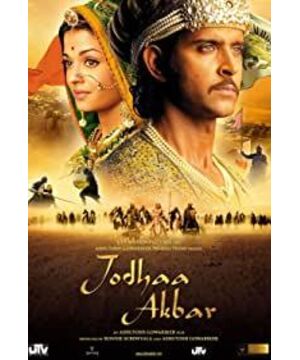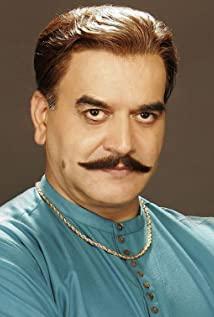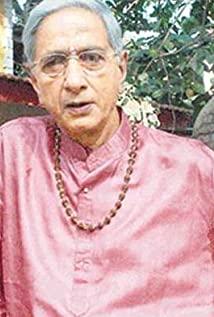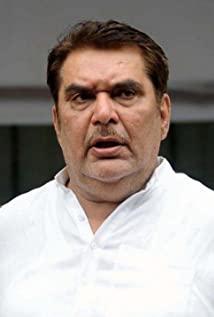The founding emperor Babur was born in Dawan (the basin between the current Stan countries) and was a descendant of Genghis Khan. His father, the king of Dawan, unfortunately died young, and Babur, who was 11 years old, took on the burden of the king. The Uzbek chief took advantage of the suspicion of the main country and occupied Babur's territory. Babur wandered in Central Asia for a period of time and occupied Kabul. After several explorations, he found that India, where the Delhi Sultanate had fallen, was in a state of disintegration, so he decided to go south to invade India. (Calling him Xiaoshou is because of repeated foreign invasions and successful occupations again and again = =!) Finally, the Mughal Dynasty was established.
As a first-generation elder, Babur set a good example for future generations. He is proficient in Turkish and Persian, and his writings have survived to this day, most notably his biography. It is said to " vividly express the spiritual outlook and customs of the people at that time, and also describe the climate, scenery and works of art in various places."
As an emperor, Babur was regarded as a very human person. He not only supported his son Humayun, but also asked him to write to him from time to time. When his wives and children came to Agra from Kabul, Afghanistan, he personally rode out of the city to greet them, behaving like an ordinary husband and father. "When he saw the carriage that his relatives were riding in, he jumped off his horse with excitement and ran to his relatives, with tears in his eyes." (Reminiscent of the watery-eyed actors in Indian movies, really It is related to it~>_<)
. . . . . .
Due to Humayun's unexpected death, Akbar ascended the throne at the age of 13. Like Babur, he is also a wise, wise and magnanimous emperor. Perhaps it was the kindness in his nature, or the wisdom in his head, that made him choose the great policy of religious integration. He broke the old rule that Muslim kings could only marry Muslim wives, and married wives from all religious backgrounds. In the apocalyptic city he built, many palaces had several sections of pillars decorated with different geometric patterns. Each pattern represents a different religion: Islam, India, Jain, and even Christianity.
He said: All religions have light, and light always has more or less shadow.
Religious tolerance brought stability to the country. During his rule, the territory expanded, the economy prospered, and the country was prosperous.
Akbar loves architecture, and the ample treasury allows him to realize his dream of being an architect. He built the new Agra Fort, the entire imperial city of Fatabh in Sikri, and the Lahore Fort built with mud. The flip became a masonry structure, and participated in the design and construction of his own mausoleum. The walls in the mausoleum are decorated with bold colors, full of harmonious power and beauty everywhere.
But such an amazing young man of literature and art is illiterate. That's because the exile and military career in the early years gave him no opportunity to study. But he built a large library in the palace and invited experts and scholars to teach him political, literary and religious theories. Muslim-born Akbar's favorites are actually Hindu and Christian scholars and clerics.
Akbar's life tells us that as long as you have a young heart and don't know how to read, what does it matter?
Driven by Akbar, Mughal music, painting, architecture, and science flourished.
The easiest thing to nourish in the soil of literature and art is, of course, love. The first love of the Mughal Dynasty quietly appeared. He is Akbar's son, Jahangir.
. . . . . .
For the full text and pictures, see:
http://m.blog.sina.com.cn/s/blog_5b39b03301013yhj.html#page=14
View more about Jodhaa Akbar reviews











